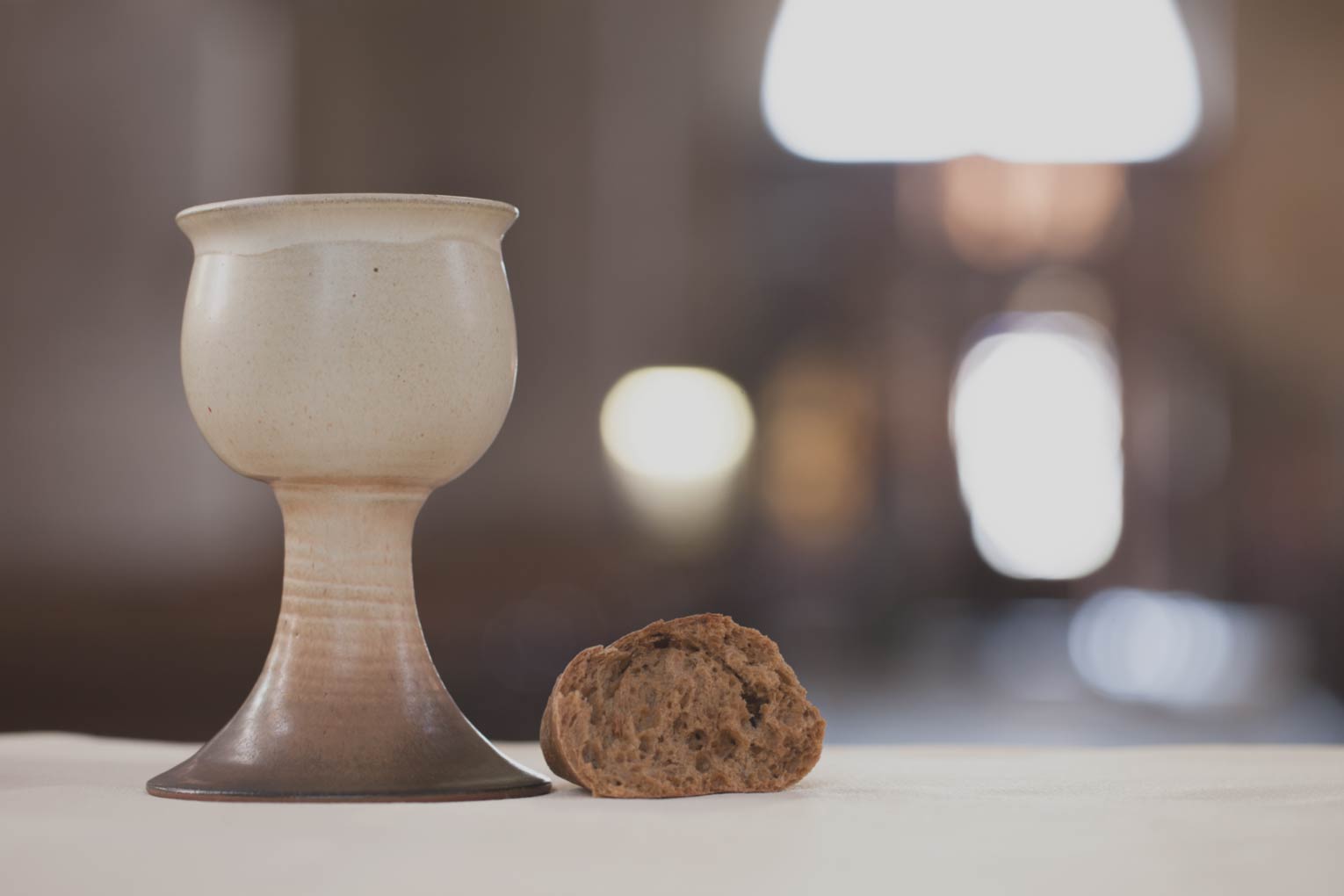
I had been the lead pastor of my church for about a month when I noticed that the Lord’s Supper wasn’t on the official church calendar for another couple of months. Attempting to be a good Baptist pastor, I called the chairman of deacons. “Hey, how often do we take the Lord’s Supper around here?” I asked.
He replied, “Hmm. I think we do it a couple of times a year, but check the church constitution.”
Of course! What was I thinking? The answer had to be in the church constitution, and indeed it was. It was clear as day; the church was to come to the Table quarterly. Four times a year we were to eat little wafers and drink a shot glass of grape juice.
Since then I’ve asked several church members why they think we should or should not take the Lord’s Supper more often. I’ve heard answers all over the spectrum, but most of all, I’m told that observing the Lord’s Supper “too frequently” would make it less special. Of course, the thought of only singing or preaching or taking an offering quarterly never crossed anyone’s mind. Those things don’t lose their effectiveness, but apparently eating of the bread and drinking of the cup would become nothing more than robotic repetition.
Recovering Regular Observance of the Supper
In Acts 2:42–47 it becomes quite clear that the early church gathered often to eat together, and part of their regular meals together included the observance of the Lord’s Supper. As far as I can tell from the Scriptures, no command is given that requires churches to come to the Table each week, only four times a year, or any other set regular time.
However, the key to the frequency of the Supper centers on the purpose of the Table. Why do we eat the wafer and drink the juice? Sure, Paul writes to the Corinthians in 1 Corinthians 11 that the Lord’s Supper serves as a unifying remembrance of the atonement of Christ for the church. Yet, Paul makes it a point to tell the Corinthian Church, a group known for their divisions and colossal sin issues, “as often as you eat this bread and drink the cup, you proclaim the Lord's death until he comes” (1 Cor 11:26). As often as you come to the Table as a church, you proclaim the Lord’s death.
If the gospel is truly of “first importance” (1 Cor 15:3), then what are some ways the church can continue to move the gospel to its proper place of preeminence? Certainly there are more ways than one, but according to the Spirit’s words in 1 Corinthians 11, a great way to reclaim the gospel as the focal point of the church is to recover a regular observance of the Supper. As often as you partake of the Lord’s Supper you make the gospel visible. Why would a church choose to make the gospel visible no more than four times a year?
Gospel-Centered Community
As a pastor, I want to help lead our church to become a gospel-centered community. To reclaim the gospel’s supremacy in our church we have recovered expositional preaching; we’ve made sure that the songs and hymns we sing drip of grace; we’ve even added it a time of testimony before each baptism.
Yet, the most effective thing we’ve done to begin a gospel renaissance in our church has been to reclaim a regular observance of the Lord’s Supper. We don’t take it weekly, though I hope we get to that point one day. We don’t even take it biweekly, but we do take it at least twelve times each year. The increase in frequency has caused some to question whether or not we’re adopting a “high church” model of liturgy. Others wonder how much the bread and juice are costing us now that we are taking the Supper together more than we ever have before. Yet, for most in our church, this visible proclamation of the gospel at least once each month has begun to develop an appetite for more of the gospel, meaning more of Jesus himself.
The gospel is good news for all people, and that includes believers. As often as you take the Supper, you proclaim the gospel. Proclaim the gospel over and over and over, and do it by reclaiming a regular observance of gathering around the Lord’s Table.

